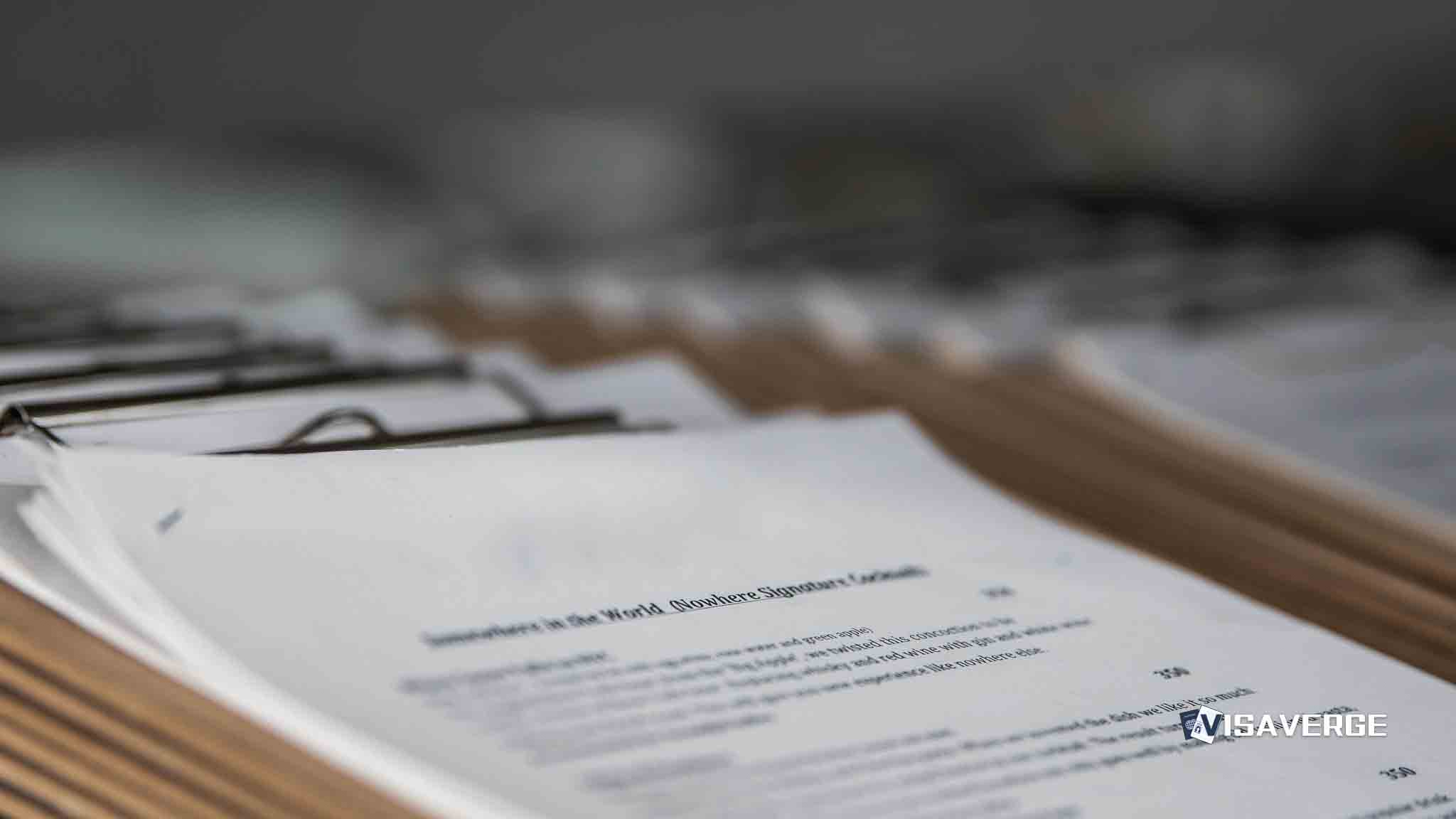Understanding L-1 Visa Regulations for Investing in US Property
If you’re among the many who currently hold an L-1 visa in the United States, delving into property investment or the financial markets can be a significant move. As a non-immigrant visa that allows companies to relocate foreign qualified employees to their U.S. subsidiary or parent company, the L-1 visa provides a pathway for both professional growth and personal investment opportunities. However, it is crucial to be well-informed about the legal and regulatory constraints tied to your visa status when considering investment in U.S. property.
Legal Considerations for L-1 Visa Holders Looking to Invest
Engaging in Property Investment
As an L-1 visa holder, you are legally permitted to buy property in the U.S. The country has a fairly open market, and there are no federal laws that specifically prohibit non-citizens from owning real estate. Nonetheless, you should still consider the following points:
- Tax Implications: Be aware of property taxes and potential tax liabilities on rental income or property sales.
- Property Management: If you acquire property, consider how it will be managed, especially if your visa status changes or if you spend significant time outside the U.S.
- Mortgage Hurdles: Obtaining a mortgage as a non-resident can be challenging. Lenders may require larger down payments and charge higher interest rates to foreign investors.
Investing in the Financial Markets

Investing in stocks, bonds, and other financial instruments generally does not require a specific immigration status. An L-1 visa holder is free to invest in the financial market just like any other foreign or domestic investor. But keep in mind:
- Brokerage Accounts: You will need to open a brokerage account, which requires certain documentation such as proof of identity and visa status.
- Reporting Requirements: Foreign investors must comply with the U.S. tax code, which means reporting income from investments and potentially paying taxes on that income.
Navigating Foreign Investors Regulations
To keep your investments above board, be mindful of the foreign investors regulations governing property ownership and financial market investment in the U.S.:
- The Foreign Investment in Real Property Tax Act (FIRPTA): This may apply to you when selling property, as it imposes income tax on foreigners disposing of U.S. real estate interests.
- The Committee on Foreign Investment in the United States (CFIUS): Rarely affecting individual property investors, this interagency committee reviews transactions that could result in control of a U.S. business by a foreign person.
Expert Guidance and Resources
“It is highly recommended to consult with a real estate lawyer or financial advisor who is well-versed in international investment before making any financial commitments”, as various states and localities may have their own set of rules for foreign property owners. Official resources can also answer questions and provide clarity. Here are some authoritative links:
- The US Citizenship and Immigration Services (USCIS)
- Internal Revenue Service (IRS) – Foreign Persons
- The Securities and Exchange Commission (SEC)
In summary, as an L-1 visa holder, you’re not barred from investing in property or the financial market in the U.S. Being aware of the regulations that may impact your investments is key to making informed and compliant financial decisions. Always seek professional advice and utilize government resources to navigate investment opportunities with confidence.
So there you have it, my tech-savvy friends! As an L-1 visa holder, you can dive into property investment and financial markets in the U.S. Just be sure to watch out for tax implications, mortgage hurdles, and those tricky reporting requirements. Remember, consulting an expert is always a smart move. If you want to explore more on this topic and other visa shenanigans, hop on over to visaverge.com. Happy investing!
FAQ’s to know:
FAQ 1: Can L-1 visa holders buy property in the United States?
Yes, as an L-1 visa holder, you are legally permitted to buy property in the United States. There are no federal laws that specifically prohibit non-citizens from owning real estate. However, it’s important to consider tax implications, property management, and potential mortgage hurdles before making a purchase.
FAQ 2: Can L-1 visa holders invest in the financial markets in the United States?
Yes, L-1 visa holders can invest in the financial markets in the United States. They have the same investment opportunities as any other foreign or domestic investor. However, they need to open a brokerage account and comply with U.S. tax code reporting requirements for income from investments.
FAQ 3: What are the key regulations for L-1 visa holders investing in the United States?
Two key regulations to be aware of are the Foreign Investment in Real Property Tax Act (FIRPTA) and the Committee on Foreign Investment in the United States (CFIUS). FIRPTA imposes income tax on foreigners selling U.S. real estate interests, while CFIUS reviews transactions that could result in control of a U.S. business by a foreign person. Consulting with a real estate lawyer or financial advisor familiar with international investment is recommended to navigate these regulations effectively.
What did you learn? Answer below to know:
- True or False: L-1 visa holders are legally allowed to invest in the U.S. property market.
- What is the purpose of the Foreign Investment in Real Property Tax Act (FIRPTA)?
a) To restrict property ownership for L-1 visa holders
b) To impose income tax on foreigners selling U.S. real estate interests
c) To facilitate foreign investment in the U.S. property market
d) To regulate the financial markets for foreign investors - What documentation is typically required to open a brokerage account as an L-1 visa holder?
a) Proof of identity and visa status
b) Proof of property ownership
c) Employment contract from the parent company
d) Proof of U.S. citizenship












